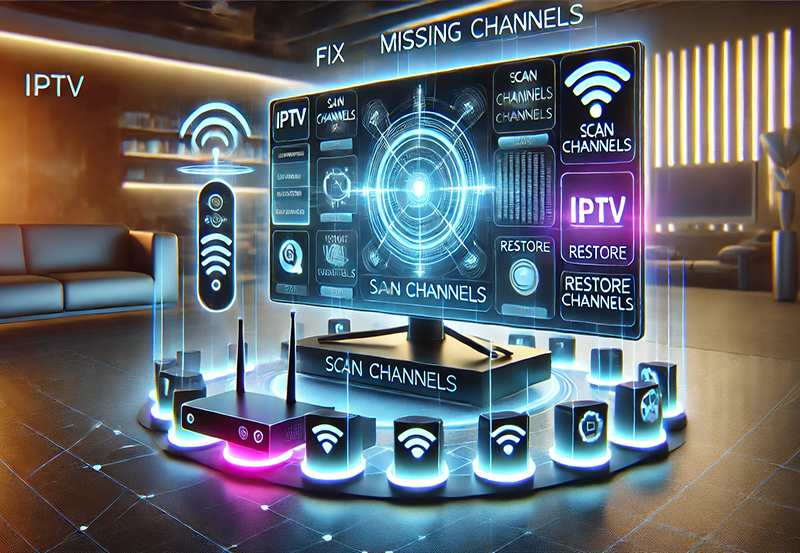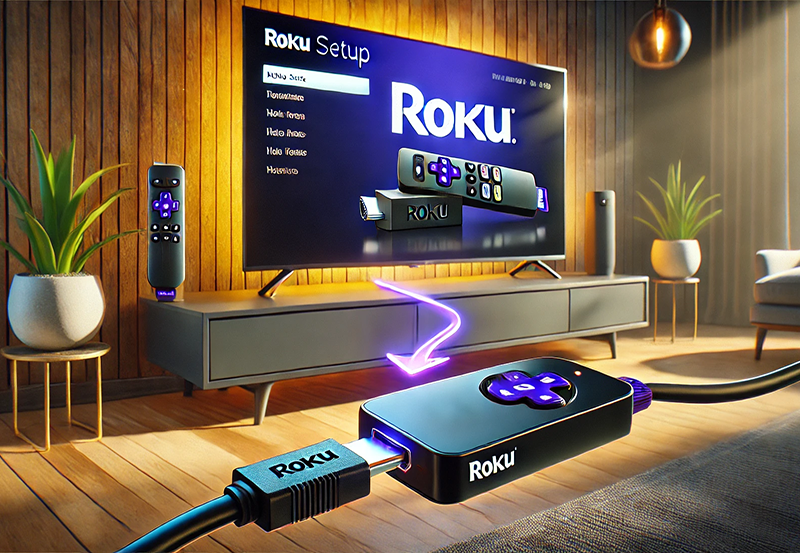When it comes to optimizing IPTV performance, one of the most critical factors is bandwidth. Bandwidth dictates how much data can be transmitted over your internet connection, directly affecting the quality and stability of your IPTV stream. In general, there are two types of bandwidth options: shared and dedicated. Each has unique advantages and drawbacks for IPTV, and choosing the right one can make a significant difference in your streaming experience. Let’s explore which option is best suited for IPTV and why.
Buy 6 Month IPTV for Nonstop Fun
Understanding Shared Bandwidth
Shared bandwidth refers to an internet connection where multiple users share the available bandwidth. This model is common in residential areas, where households rely on the same network infrastructure provided by ISPs. During peak hours—typically evenings and weekends—the demand for data increases, which can lead to slower internet speeds and buffering issues for IPTV viewers.
Pros of Shared Bandwidth:
- Cost-Effective: Shared bandwidth is often more affordable than dedicated options, making it accessible for residential users.
- Availability: It’s widely available and usually doesn’t require special setups.
- Sufficient for Light Usage: Shared bandwidth can work well for households that use IPTV alongside other online activities, like browsing or streaming music.How to Set Up and Use GSE IPTV for Streaming on Any Device
Cons of Shared Bandwidth:
- Inconsistent Speeds: During high-traffic times, users may experience lag or buffering, especially if several people are streaming simultaneously.
- Lower Control: Users have limited control over network congestion and speed variations.
- Potential for Throttling: Some ISPs may throttle internet speeds during peak times, further affecting IPTV quality.
Dedicated Bandwidth: A Reliable Option for IPTV
Dedicated bandwidth is a connection exclusively allocated to a single user or household. It offers consistent speeds since there’s no competition for bandwidth, making it ideal for high-demand activities like IPTV. Although dedicated bandwidth often comes at a higher cost, the stability it offers can be crucial for an uninterrupted IPTV experience.
Pros of Dedicated Bandwidth:
- Consistent Speeds: With dedicated bandwidth, speeds remain stable regardless of time or network traffic.
- Ideal for Heavy Usage: It’s well-suited for households that rely on IPTV for HD or 4K content, live sports, or multiple simultaneous streams.
- Greater Control: Users have control over their data usage without having to worry about shared network congestion.
- No ISP Throttling: Dedicated connections are generally not subjected to ISP throttling, meaning your IPTV streams maintain optimal quality.
Cons of Dedicated Bandwidth:
- Higher Cost: Dedicated bandwidth is often more expensive than shared options, making it less accessible for budget-conscious users.
- Availability: It may not be available in all areas, especially in rural locations.
- Potential for Underuse: Households with lighter usage might not fully benefit from the increased capacity, resulting in underutilized resources.
Choosing the Right Option for IPTV
The choice between shared and dedicated bandwidth largely depends on the specific IPTV needs of a household. For occasional viewers who use IPTV for regular shows or light content, shared bandwidth might be sufficient. However, if you’re a heavy IPTV user, regularly watching HD or 4K content, or relying on IPTV for live sports, dedicated bandwidth will likely offer a smoother and more reliable experience.
When Shared Bandwidth Works Best:
- Smaller Households: Households with fewer users will experience less strain on shared connections.
- Non-Peak Viewing: Those who watch IPTV during off-peak hours can often avoid the downsides of shared bandwidth.How to Enable and Use Catch-Up TV Features for Hassle-Free Viewing
- Lower Resolution Content: Streaming in lower resolutions like SD or 720p is generally less affected by bandwidth sharing.
When Dedicated Bandwidth is Ideal:
- High Demand for Quality: Users streaming in HD or 4K need the stability that dedicated bandwidth offers.
- Multiple Devices: Households with multiple streaming devices benefit from the uninterrupted connection.
- Live Streaming Events: For sports fans or those who frequently watch live broadcasts, dedicated bandwidth minimizes buffering and lag.
Final Thoughts: Which is Best for You?
Ultimately, if you prioritize quality and consistency in your IPTV streaming, dedicated bandwidth is the superior choice, as it minimizes the risks of buffering and speed fluctuations. However, if you’re on a budget and your IPTV usage is more casual, shared bandwidth might serve you well, especially if you plan around peak times.
Making the right choice between shared and dedicated bandwidth can elevate your IPTV experience, offering you peace of mind that your favorite shows and events stream smoothly. As IPTV continues to grow in popularity, understanding how to optimize your connection can ensure that your home entertainment is truly reliable and enjoyable.





